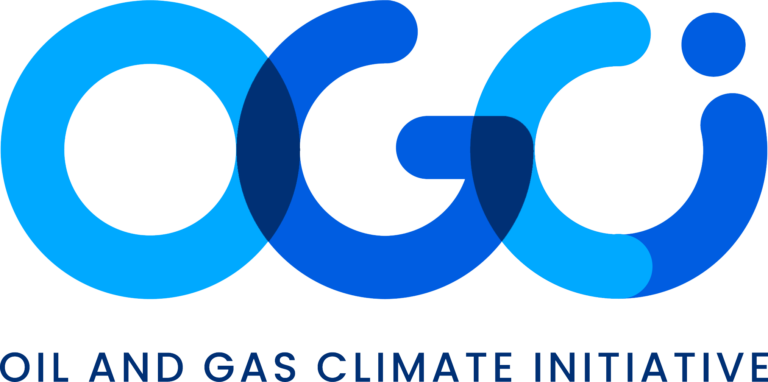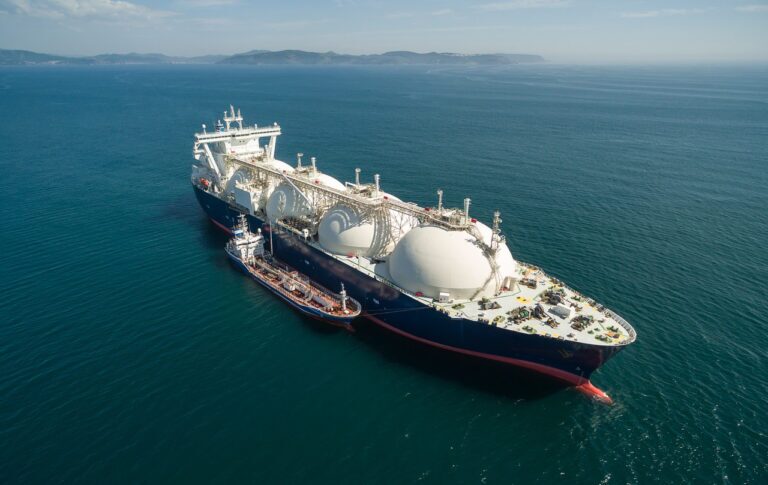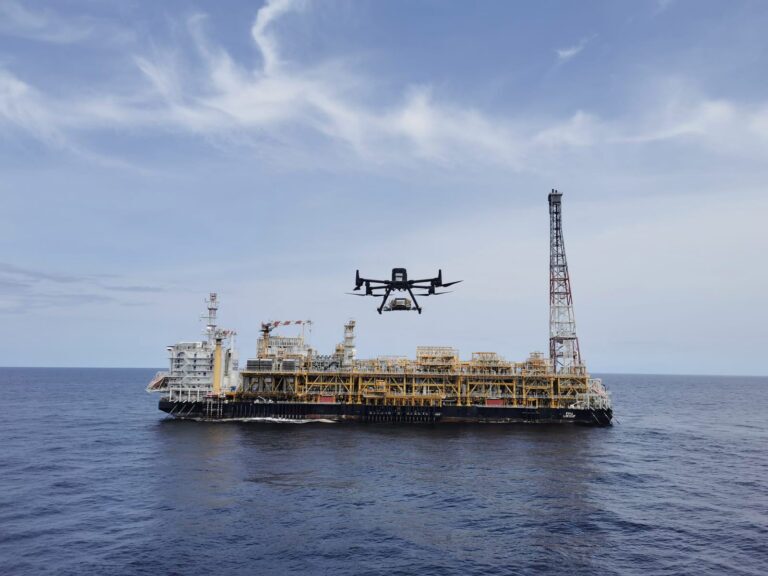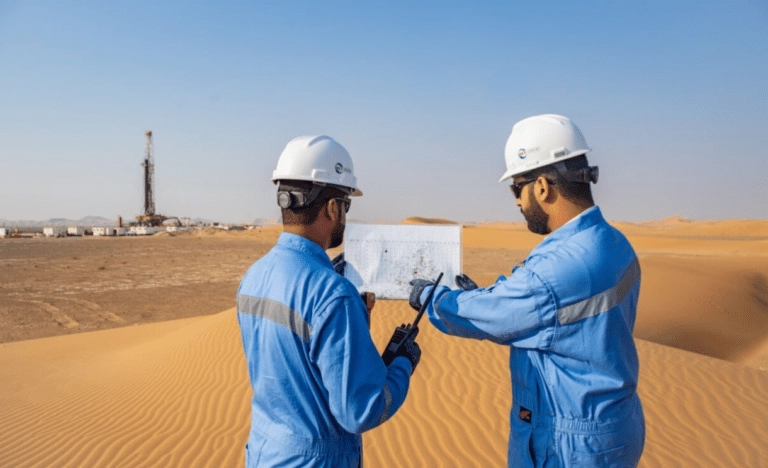This report determines the company’s whole flaring impact around the world by attributing flaring to individual companies for both their operated and non-operated assets. The analysis shows that just 10 large international oil companies (IOCs)—BP, Chevron, ConocoPhillips, Eni, Equinor, ExxonMobil, Occidental Petroleum, Repsol, Shell, and TotalEnergies—are responsible for 7% of global flaring, based on their ownership percentages in flaring assets.
Flaring accountability
The Clean Air Task Force (CATF) is a global, non-profit organization focused on addressing climate change by promoting low-carbon energy and other climate-protecting technologies.


OGCI and its member companies do not assume any responsibility for the accuracy or reliability of any information offered by third-party websites linked though this site. The views expressed in the external content do not necessarily reflect those of OGCI or its member companies. See our Terms of Use.
Region
Global
Published
2024
Resource Type
Technical report
Category
Methane fundamentals
More info
Sub-Category
Sources
Segment
N/A
Equipment
Flares
Related resources
The article from CSIS discusses the European Union’s new methane rules and their potential impact on global LNG exporters. It highlights how the EU’s stringent
This briefing provides an overview of the key sources of methane (CH4) in the EU. It also describes the main EU and international policy processes
EU Methane Regulations. The EU Methane Regulation (EU/2024/1787), effective from August 4, 2024, marks a significant step in the EU’s strategy to reduce methane emissions
Recently visited resources
The IEA’s gas flaring page reviews global flaring trends, environmental impacts, and reduction strategies. It discusses flaring’s role in greenhouse gas emissions and offers links
Brochure created by GasNaturally discussing methane emissions in Europe. It highlights the environmental impact of methane, O&G sources, and emission reduction strategies. The document also
This book highlights the business case for reducing gas flaring and methane emissions (FMR), offering a framework for policymakers to evaluate FMR project feasibility and
